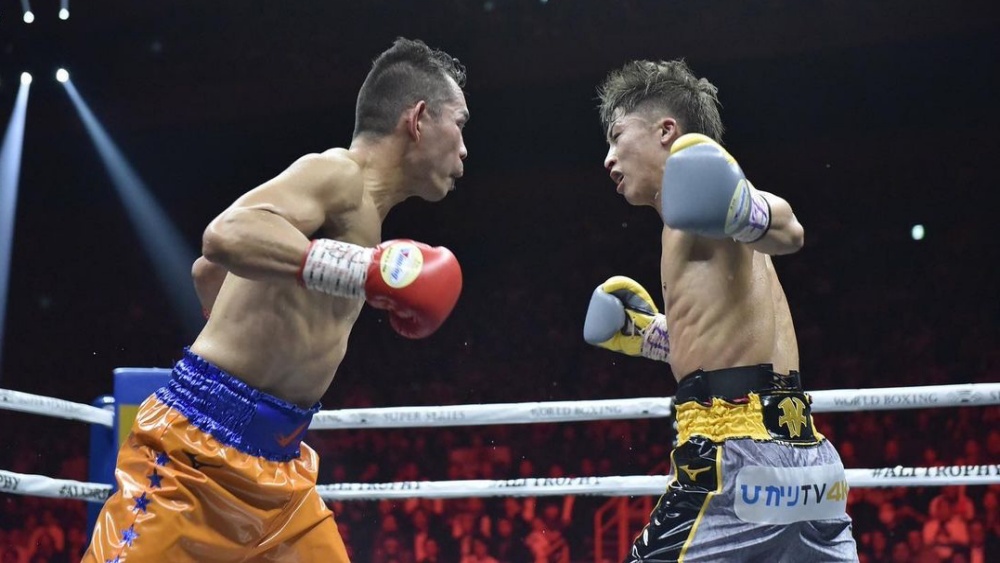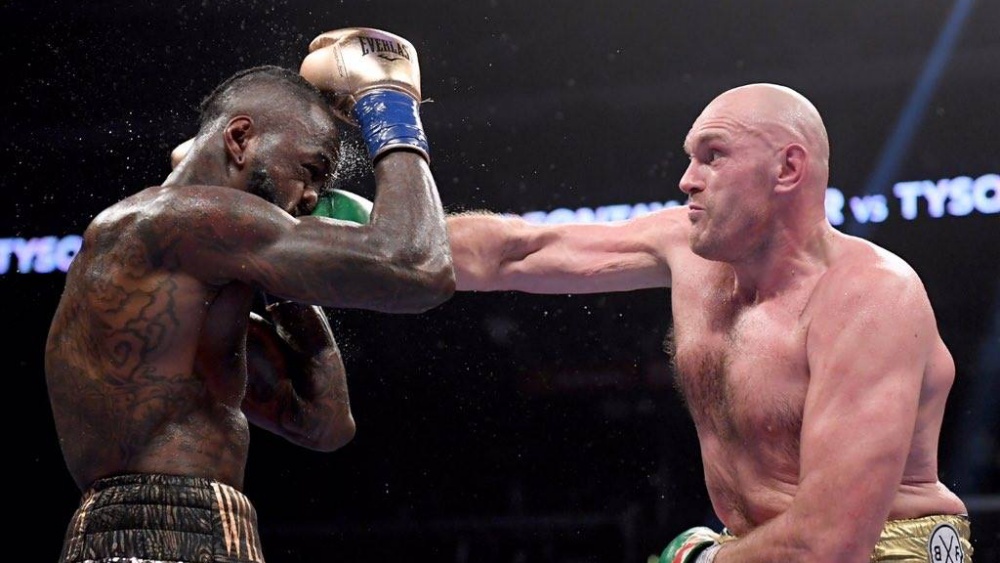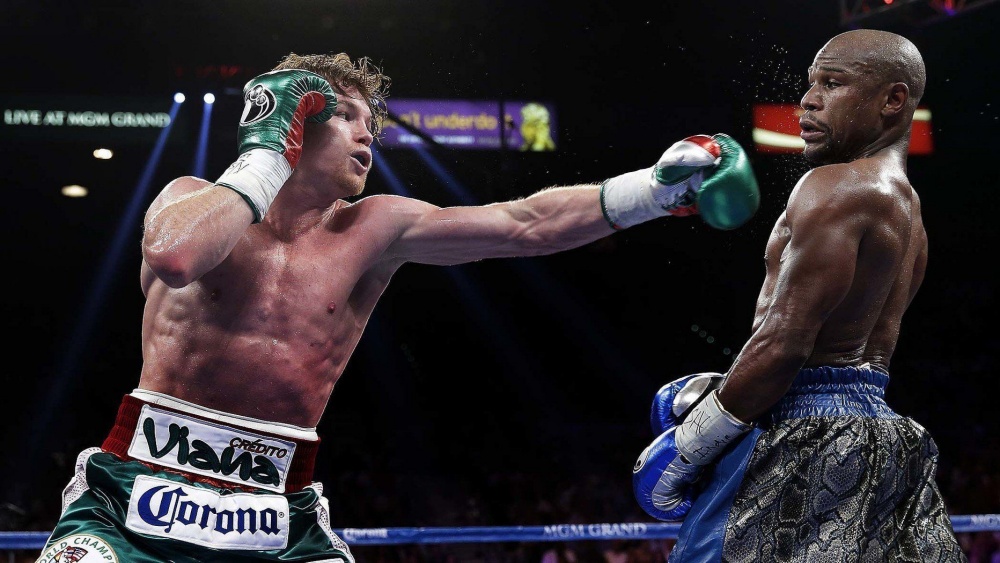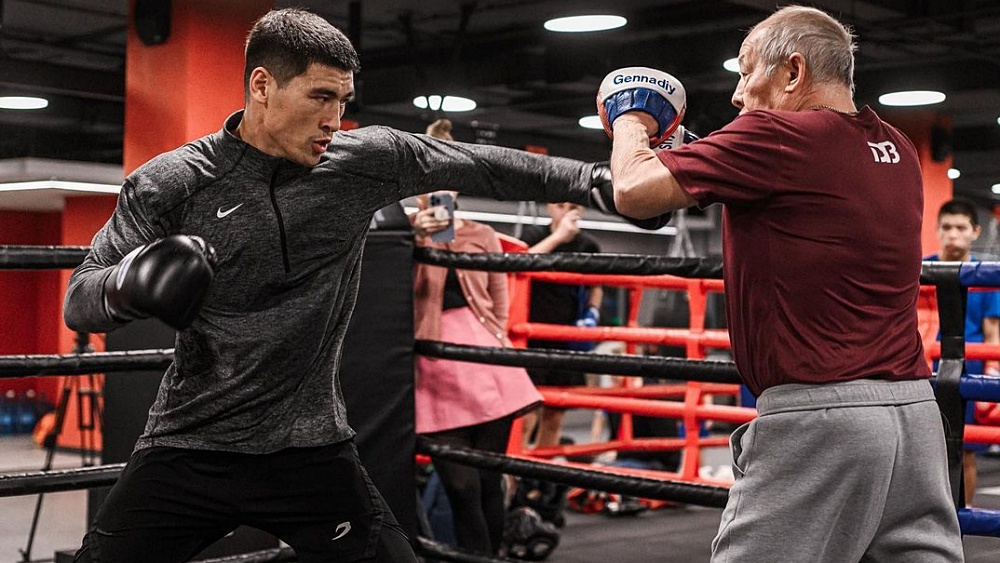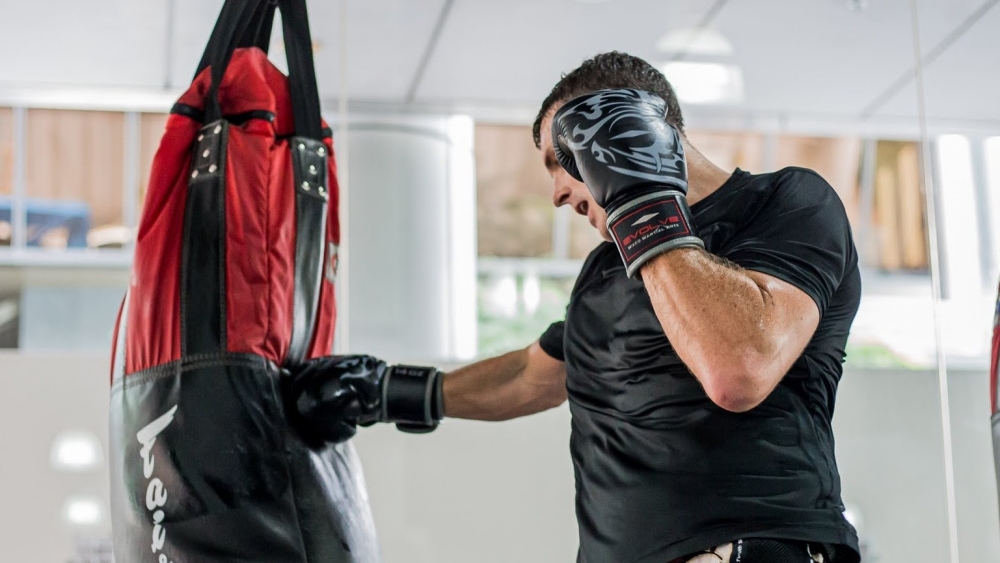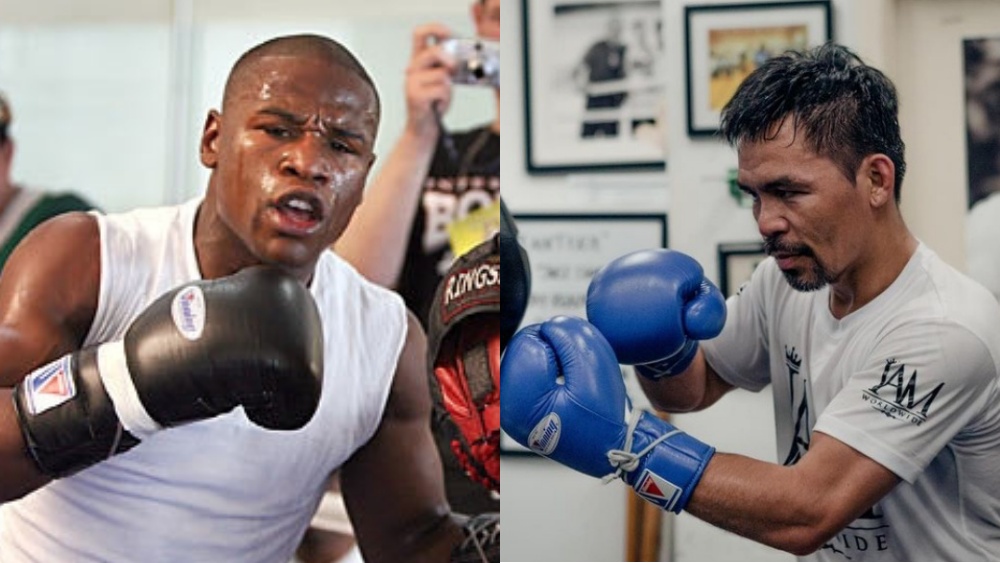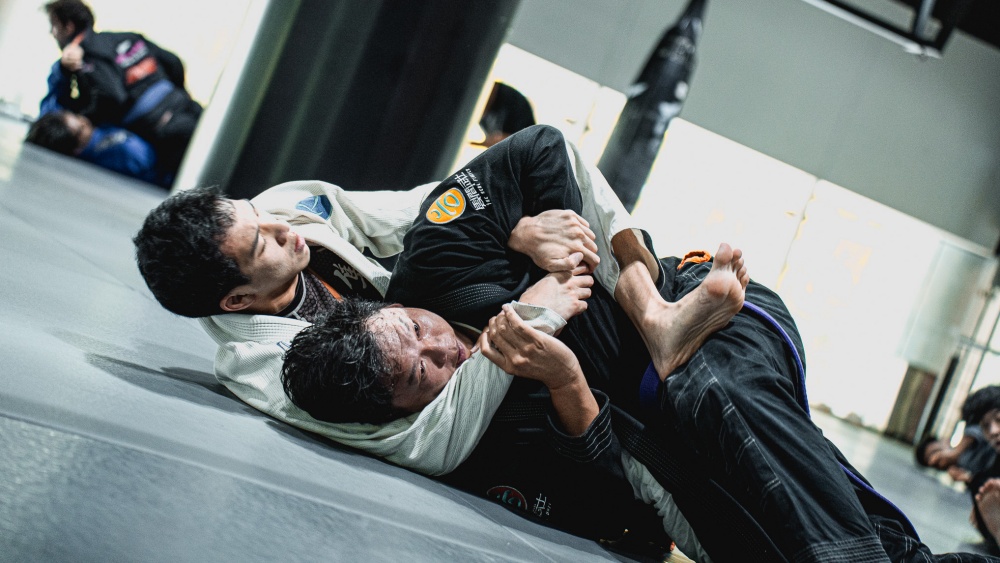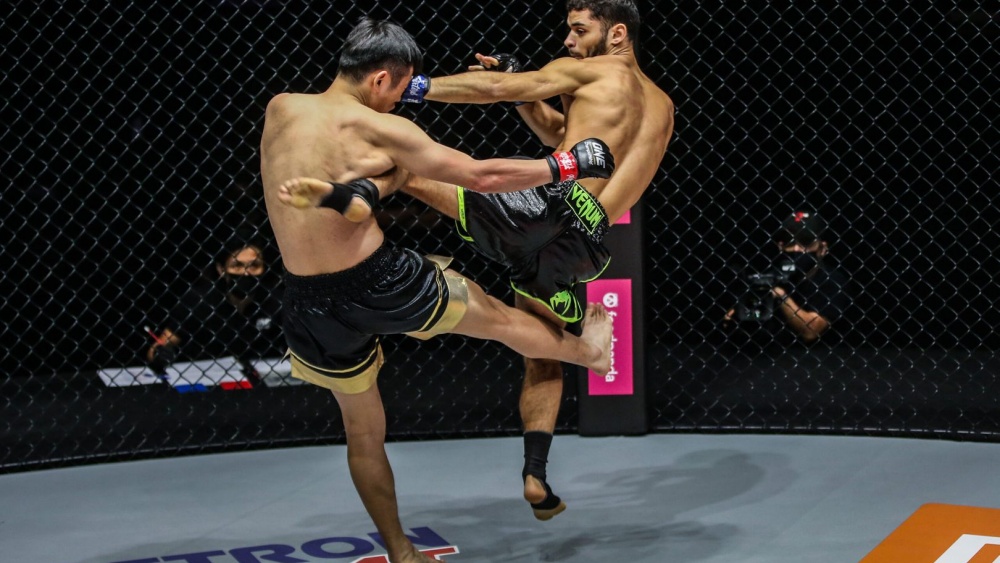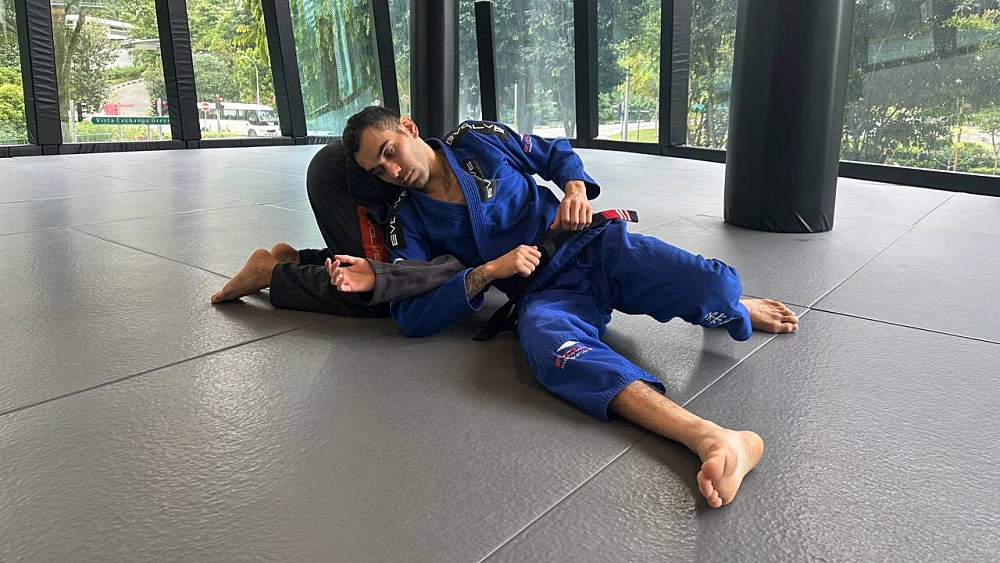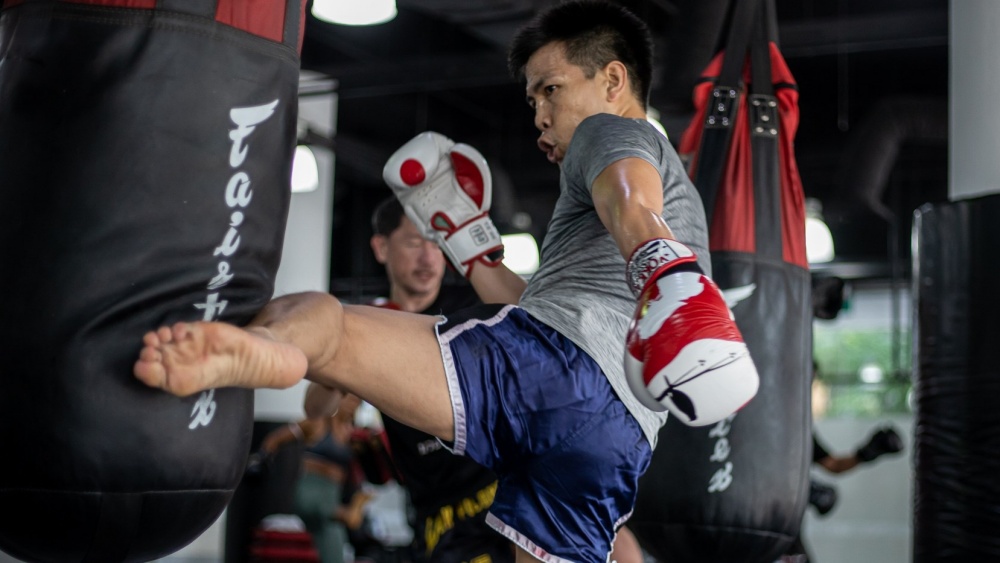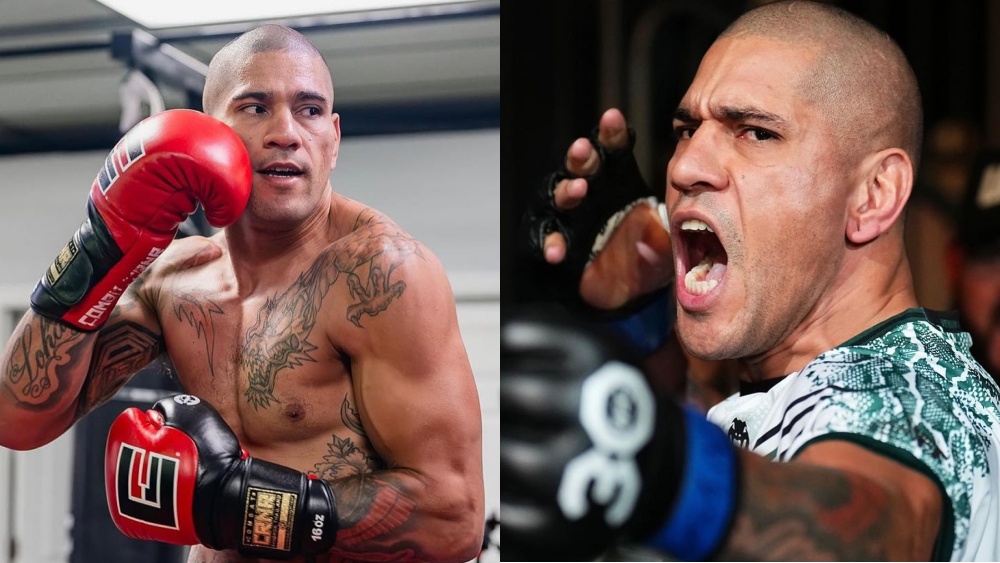Professional boxing is not dead. But there are legitimate concerns over the future of the “sweet science” as it approaches a concerning crossroad. While the sport has retained much of its character over centuries, it has also consistently adapted and evolved with changing societal norms. Is it about that time to shake things up once more?
On April 6, 1893, spectators at the Olympic Club in New Orleans, Louisiana, watched Andy Bowen and Jack Burke fight 110 rounds in the longest boxing match ever recorded. An extreme example, sure. But it was common for world championship fights to last 15 rounds until 1982. The WBC reduced fights to 12 rounds following the tragic event of Kim Duk-koo following his fight with Ray Mancini the same year. Yet, boxing is still considered a risky endeavor.
In addition to addressing safety concerns, critics argue that fewer rounds in boxing could lift the sport from a slump. And potentially save it from the doldrums. But not everyone believes shorter fights to be a feature in the future of boxing.
Arguing The Case For Fewer Rounds In Boxing
There are multiple reasons why shortening the number of rounds in boxing could help to improve the sport. Almost all are hypothetical and don’t care much for the financial side of the sport. But if we ignore the commercial aspects of boxing for a moment, it is difficult to argue against truncating professional fights.
Here are some of the strongest arguments supporting why boxing fights should have fewer rounds.
- More Action For Spectators – As evidenced by boxing matches in the Olympics, fewer rounds typically lead to more action and intensity. With less time on the clock, competitors would be required to increase their output and take the fight to their opponents.
- Higher Frequency Of Stoppages – With less time to feel out their opponents and cruise, fighters would be more inclined to box on the front foot. In theory, this would lead to more bouts ending by stoppage, especially as it would be easier to gauge if they are losing.
- Greater Safety For Fighters – Factors associated with prolonged bouts and careers– such as sustained shots to the head, cumulative damage, and dehydration – can be limited with fewer rounds in boxing.
- Catering To Modern Brains – The rise of social media and shorter, quickfire is believed to have lowered modern attention spans. Fewer rounds would be more engaging for many spectators. Especially young, emerging fans.
On paper, these arguments are convincing. But they would take a long time to integrate, given the rich traditions of the “sweet science.” Would cerebral, defense-first attitudes be forsaken in favor of a “Rock ‘Em Sock ‘Em Robots” approach? If that happened, how many fight fans would that isolate? An increase in damage and stoppages may also concern parents of youngsters starting in boxing.
The greatest counter to any of the points above is that professional boxing is a business. Would such changes affect the bottom lines of many of the key figures in the industry? Fundamentally, a boxer fighting six rounds might only make 50% of what they would have earned for 12. In that case, where is the incentive?
Why Fewer Rounds In Boxing Won’t Happen
Even minor changes to the structure of a sport are not taken lightly. They polarize those inside the arena and watching from home, compromising spectatorship and revenue. With that said, reducing the rounds of a boxing match from 12 to 10 would likely be accepted without much blowback. After all, most high-level fights are ten rounds anyway.
But from 12 rounds to 8, or even 6? That doesn’t seem realistic in the current playing field, where it’s more about hitting and withstanding hard punches. Unsurprisingly, money dominates this sport and financial interests will be the greatest barrier to change.
Fighters may also have something to say about reducing rounds in boxing matches. Especially with any potential changes impacting them first.
- Increased Risk Of Stoppages – Increasing intensity can lead to errors. In a sport as brutal as boxing, it takes just one mistake to end up flat out on your back. Shorter rounds may promote an unhealthy style of fighting that is more conducive to harmful stoppages.
- Loss Of Earnings – Boxers competing at the top of the pyramid enjoy some of the most lucrative careers in sports. This is made possible through the existing business model, which is based on pay-per-view purchases and advertising revenue. Reduced rounds equals less revenue from sponsors and corporations advertising on pay-per-view slots.
- More Training Camps – Shorter fights could mean more bouts for pro fighters. Training camps for fights are arduous and lonely, with elite camps taking around 8-10 ten weeks of preparation. Reduced rounds may lead to more time away from family and normal life.
- Reduce In Interest – Breaking away from the norm may hurt spectatorship. In turn, this could lead to fewer fans buying or attending fights. A loss of interest would be devastating for the overall boxing economy, which could threaten the status of the sport.
Whatever your opinions are, the fact remains – professional boxing is a business with a big economy. Arguably the biggest name in the sport, Canelo Alvarez, earned $90 million from fighting and endorsements. Most elite fighters can only make a fraction of that figure annually, of course. But it’s a realistic goal if the chips fall in their favor.
Corporate greed has certainly affected the sport. From leading promoters, broadcasters, and many of today’s fighters, business comes first. Boxing second. Asking the powerful puppet masters to voluntarily reduce their revenue streams is unrealistic. It’s not too dissimilar to lobbying for The New York Stock Exchange to its doors three hours early each day.
Will Fewer Rounds Save Boxing?
The short answer is no. Reducing the number of rounds in professional boxing won’t reclaim lost fans. Nor will it be attractive enough to act as a recruiting tool for those looking to find love inside the glove. While it may help, the entire structure of the sport requires balance – this can only be achieved with a complete renovation of the old house. Applying a lick of paint is not enough.
The future of boxing needs fewer world titles and more decisive fights. Centralization of the four main governing bodies would be huge, but that compromises revenue streams. Until greed is addressed, we will see more Jake Paul celebrity matches and fewer real super fights. Until those with both power and good intentions for the “sweet science” can come together around a table and sort things out, little will change.
Of course, boxing isn’t the only sport where fewer rounds are being debated. Some discussing if Muay Thai should adopt fewer rounds have made solid arguments for both reducing rounds and keeping the existing framework in place.
You may also like:
5 Best Undefeated Boxing Champions In History
Muay Thai Debate – 3 Rounds Or 5 Rounds For The Future Of Muay Thai
